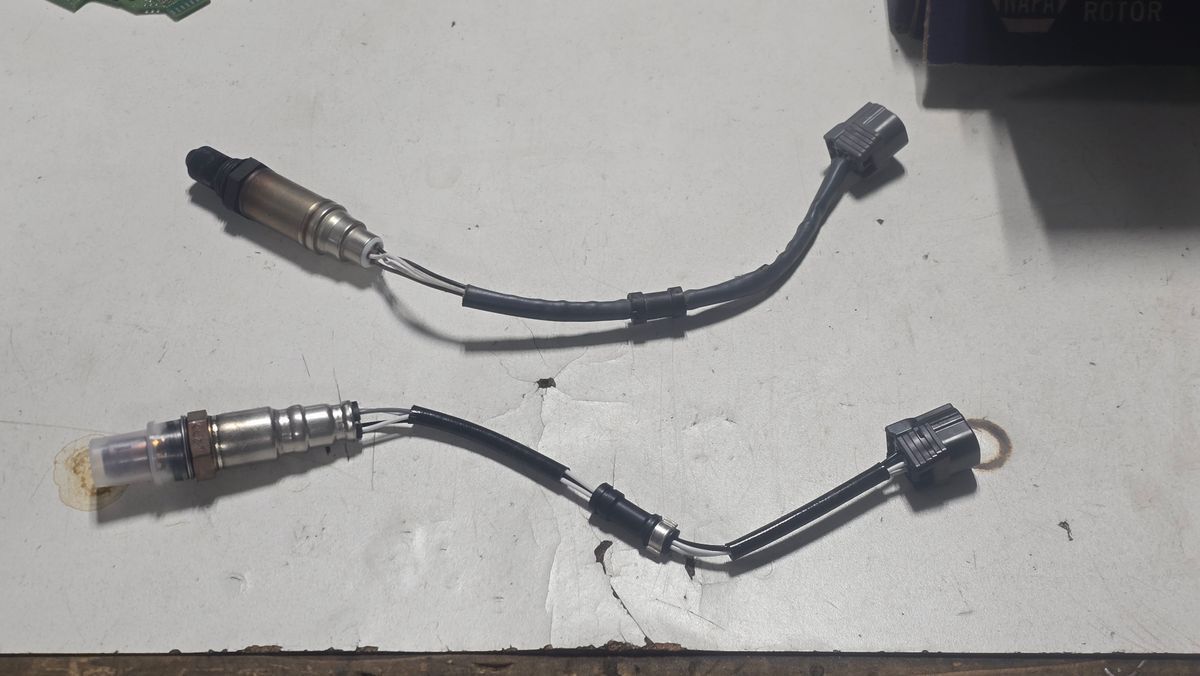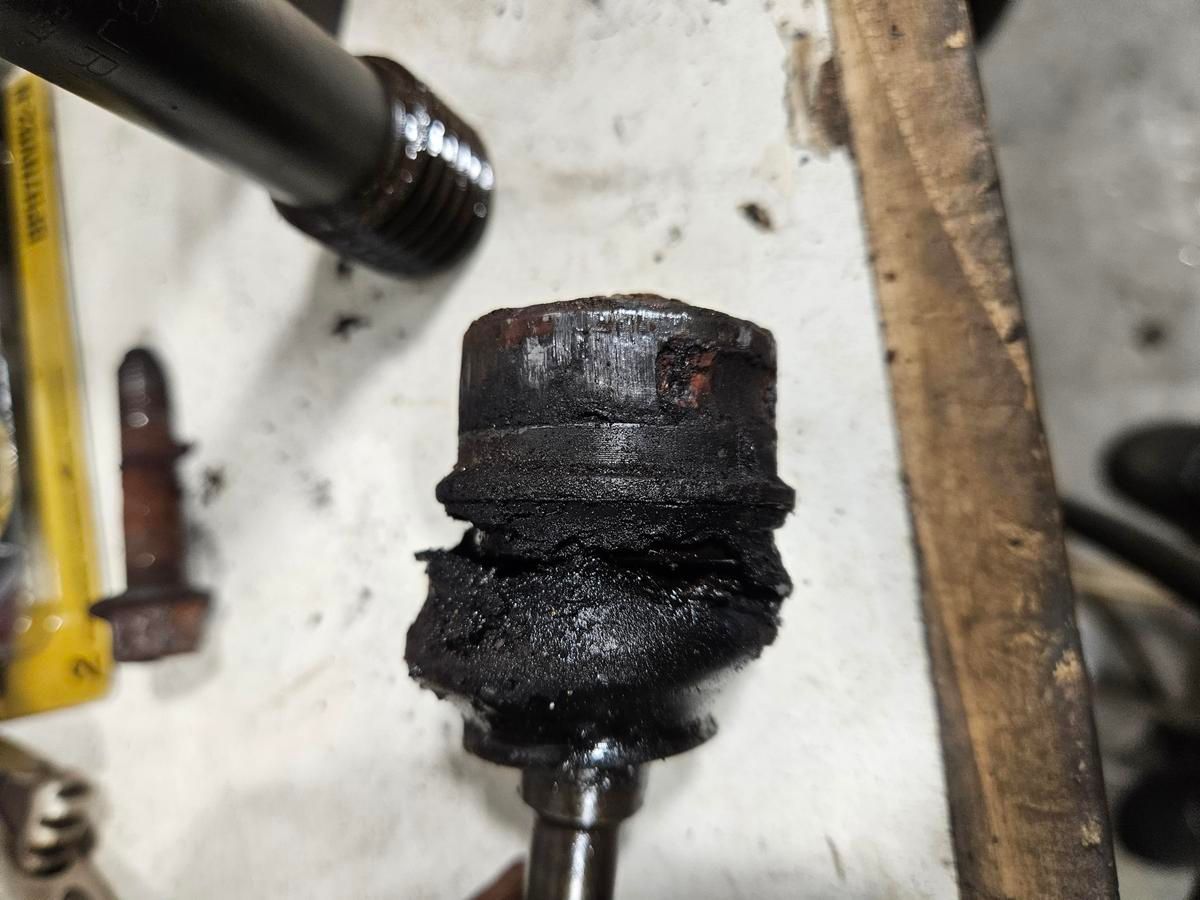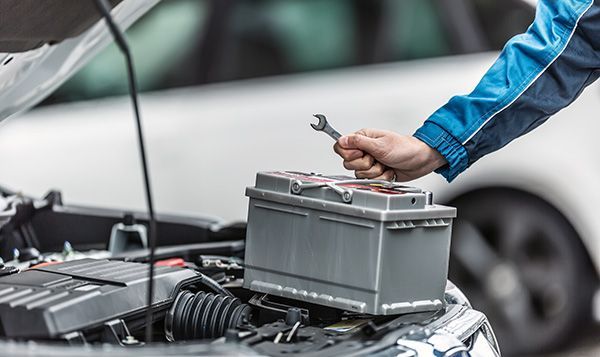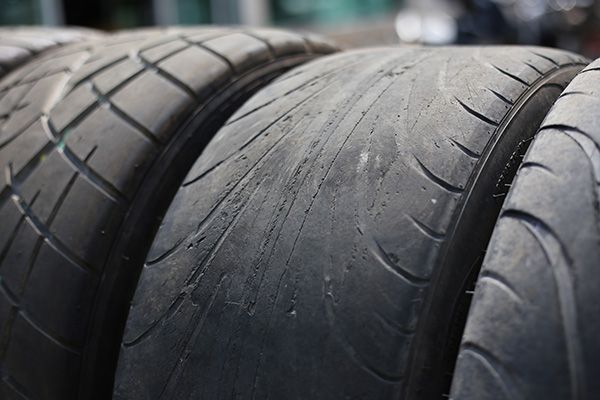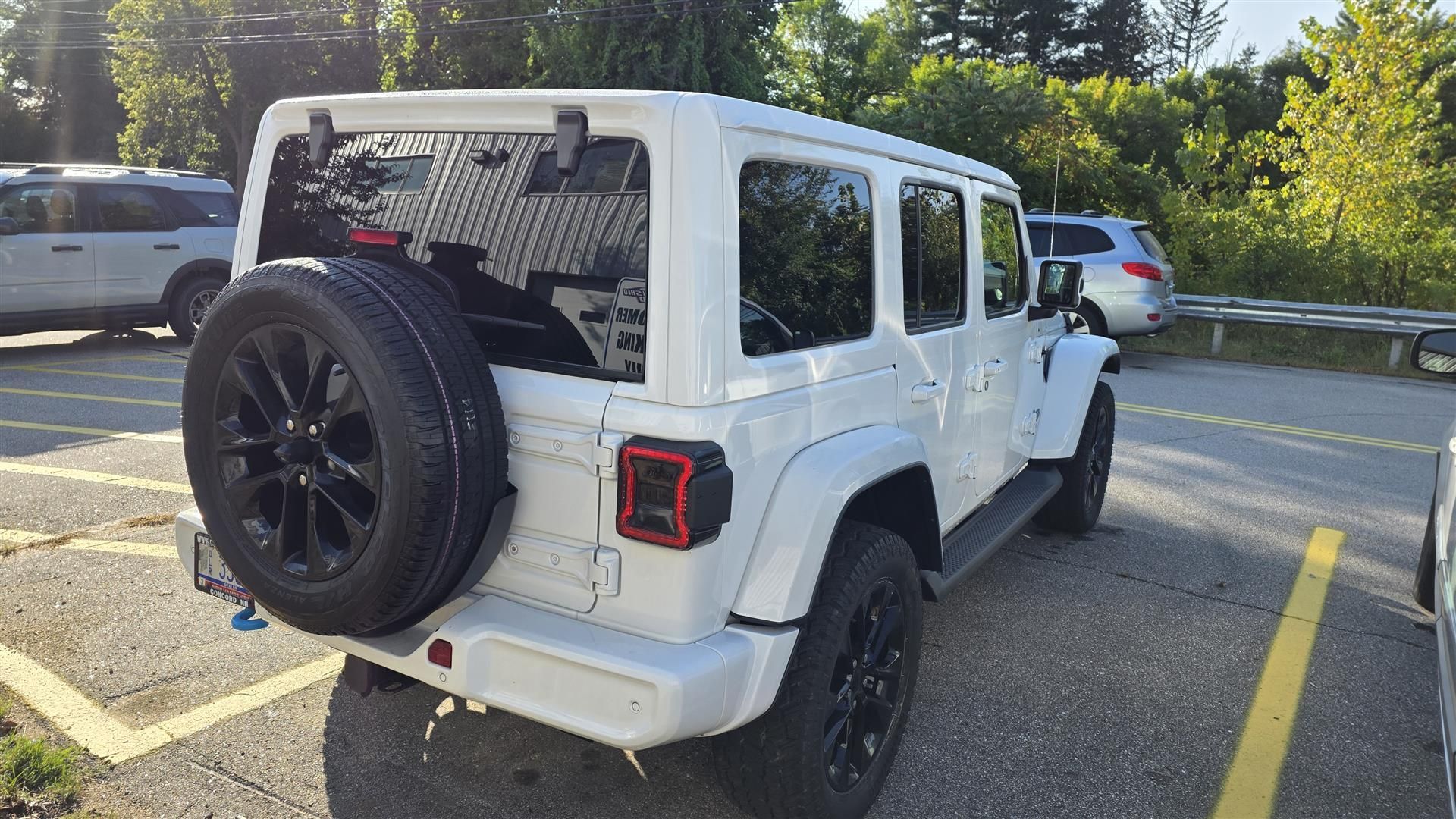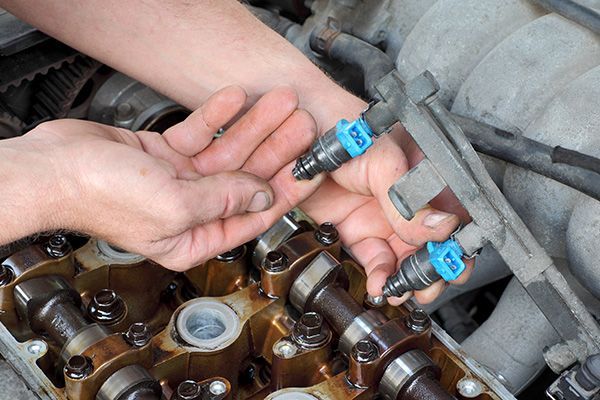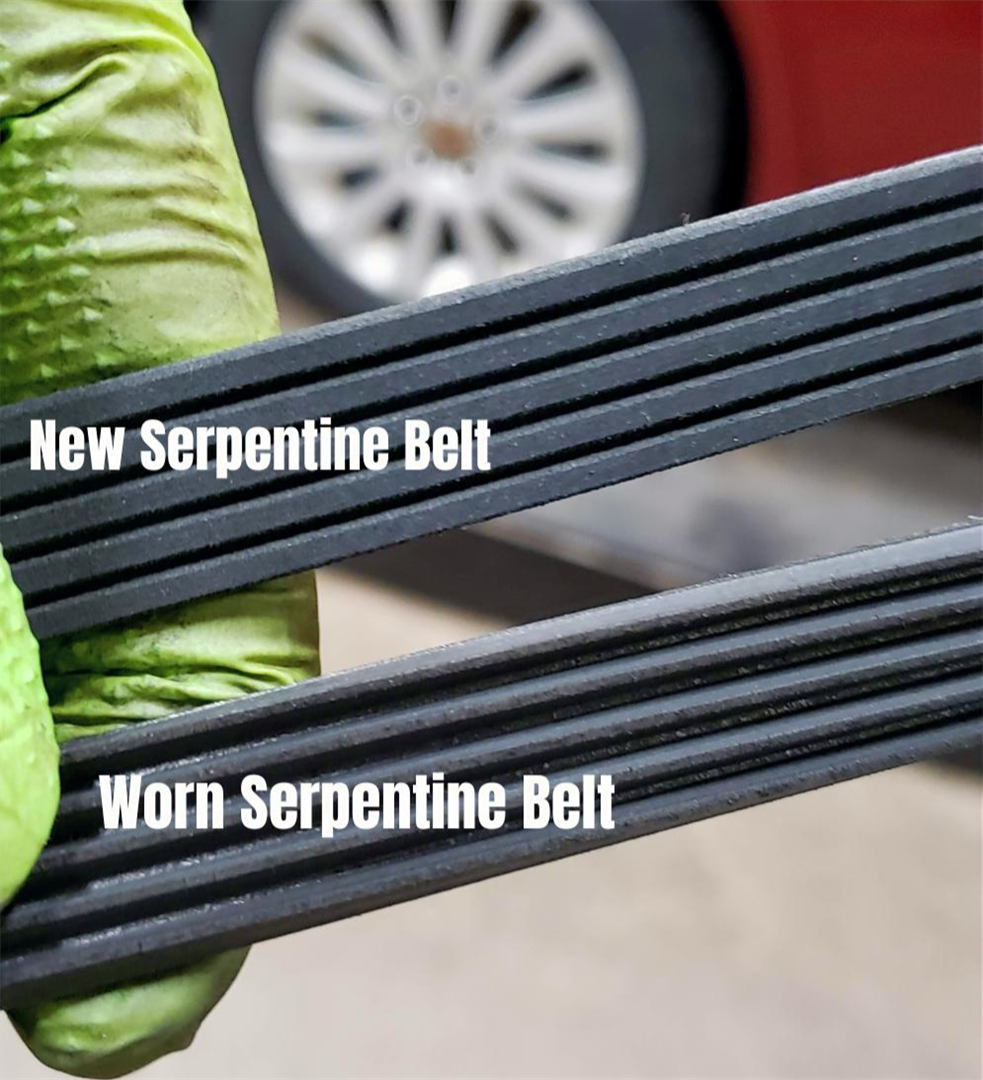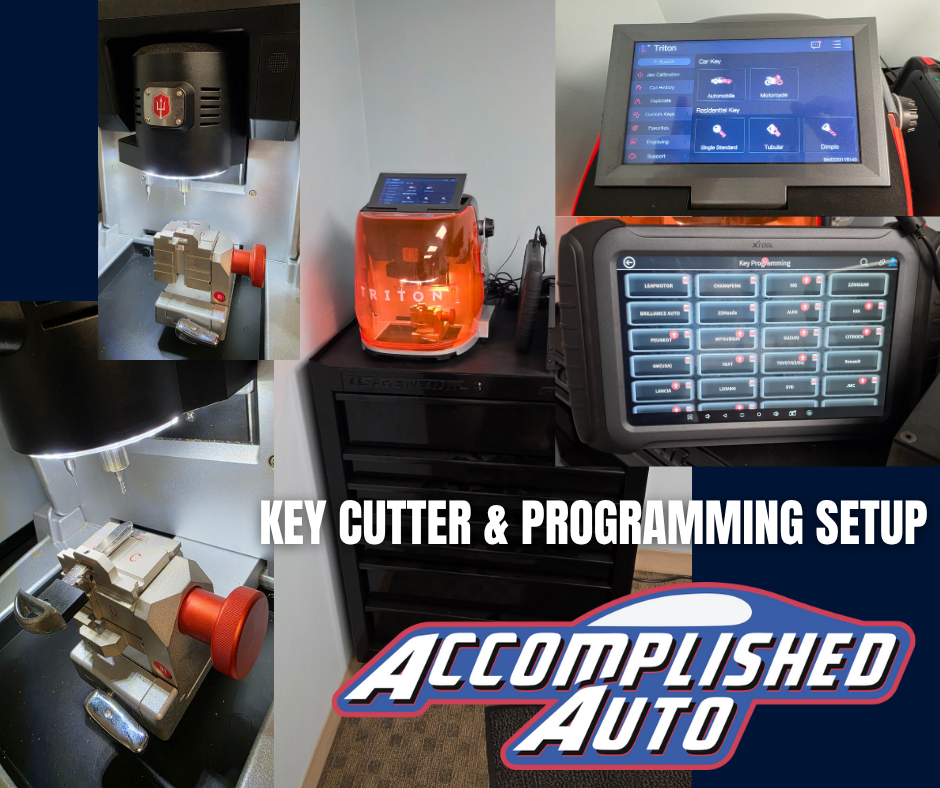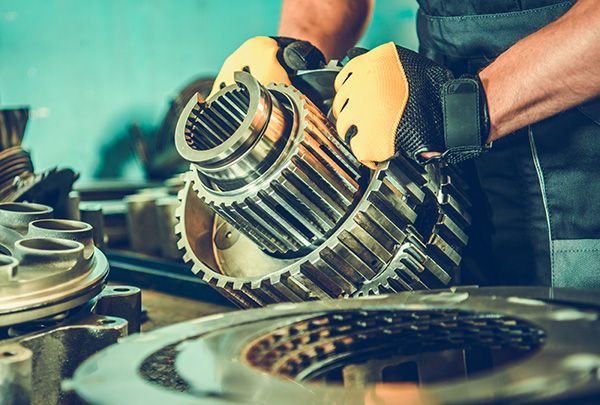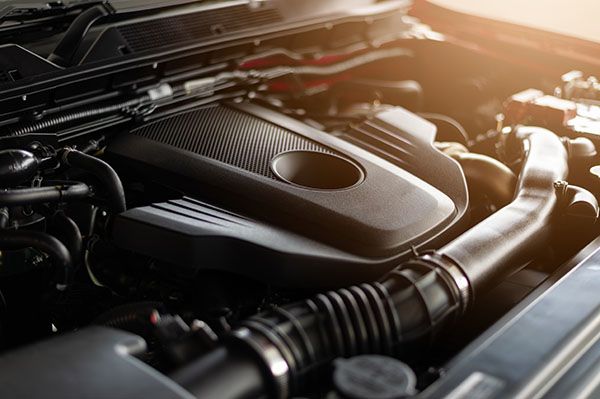
The rhythmic, metallic knocking sound emanating from your engine can be disconcerting, hinting at underlying issues that demand attention. Engine knock, also known as detonation or spark knock, occurs when the air-fuel mixture ignites prematurely in the combustion chamber. This untimely ignition creates a shockwave, resulting in the distinctive knocking noise. Recognizing engine knock is crucial, as it often indicates a problem that, if left unaddressed, can lead to severe engine damage.
It's essential to differentiate between normal engine noises and abnormal knocks. If the sound resembles a metallic rap or ping, particularly when you step on the gas, it's likely engine knock.
Common Causes of Engine Knock
Several factors can contribute to engine knock, ranging from low-quality fuel and incorrect spark plug heat range to carbon deposits in the combustion chamber and advanced ignition timing. Additionally, high temperatures and excessive engine loads can exacerbate the issue.
Immediate Steps to Take
If you hear your engine knocking, it's imperative to take immediate action to prevent further damage. Here are steps you can follow:
1. Switch to Higher Octane Fuel:
Upgrade to a higher octane fuel to reduce the likelihood of premature ignition. Higher octane fuels have a higher resistance to detonation, providing a temporary solution to mitigate engine knock.
2. Check Spark Plugs:
Worn-out or incorrectly gapped spark plugs can contribute to engine knock. Inspect the spark plugs for signs of wear, carbon deposits, or incorrect gap settings. Replace them if necessary.
3. Adjust Ignition Timing:
Incorrect ignition timing can be a significant factor in engine knock. Consult your vehicle's manual or seek professional assistance to adjust the ignition timing to the manufacturer's specifications.
4. Reduce Engine Load:
Avoid putting excessive stress on the engine, especially during acceleration or uphill climbs. Driving with a light foot can help alleviate the strain on the engine and minimize knocking.
5. Use Fuel Additives:
Fuel additives designed to clean the combustion chamber and fuel system can help eliminate carbon deposits and improve overall engine performance. Follow the manufacturer's recommendations for usage.
If the engine knock persists despite taking these initial steps, it's crucial to consult with a qualified mechanic at Accomplished Auto. Persistent engine knock may indicate more complex issues, such as a malfunctioning knock sensor or internal engine problems that require professional diagnosis and repair.
By understanding the causes, identifying the sound, and taking immediate corrective measures, you can navigate the unsettling world of engine knock with confidence.
